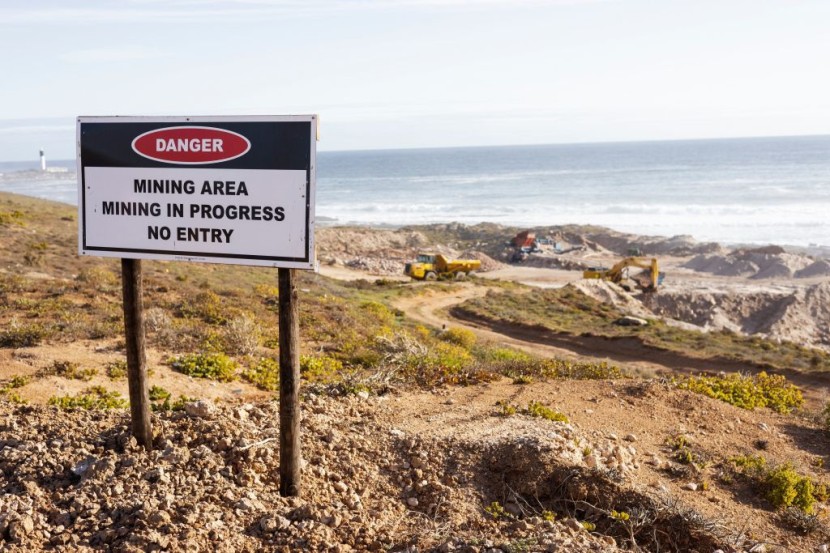Canada has joined a growing group of countries calling for a moratorium on deep-sea mining in international waters due to concerns that the unproven, newly-emerging industry could destroy the environment without further research and explicit safeguards.
Three ministers from the nation's departments of foreign affairs, natural resources, and fisheries and oceans said in a statement on Monday that they supported a moratorium on commercial deep-sea mining "in the absence of both a comprehensive understanding of seabed mining's environmental impacts and a robust regulatory regime," according to The Guardian.
The Halt to Deep-Sea Mining
The declaration aligns Canada with a number of European countries, scientists, environmental groups, and even automakers like BMW and Volvo, as well as battery giant Samsung, which have all vowed not to utilize deep-sea minerals in their vehicles.
This week, a third of the world's tuna trade's seafood organizations also demanded a halt to deep-sea mining.
As a result of worries that it lacks the legal foundation necessary to grant permits, the Canadian government declared in February that it would not legalize deep-sea mining in its territorial seas.
After a deadline of 9 July to create rules and regulations governing mining in international waters passed without a clear framework, the International Seabed Authority, the quasi-UN agency in charge of potential legislation, is convening this week in Kingston, Jamaica.

Despite the ISA having already granted 30 exploration-only licenses, companies can now apply for provisional mining licenses, which have not yet been approved. On Friday, the 36-member council will discuss the subject.
The European Academies Science Advisory Council expressed concern in June about the "dire consequences" for marine ecosystems if deep-sea mining plans were to proceed. As well as potential spills of fuel and other chemicals used in the mining process, experts are concerned about silt plumes, noise, vibration, and light pollution.
Video from a deep-sea mining test that showed silt dumping into the ocean in February aroused concerns about the industry's safety measures and the potential consequences mining could have on ecosystems, which experts are still trying to better understand. In the Clarion-Clipperton Zone, where deep-sea mining firms are specifically interested in, 5,000 new species have just been found in recent months.
Fuller contends that more can be done on land before venturing into uncharted territory, despite the fact that firms have portrayed the drive for mining the ocean floor as a way of relieving pressures on the metals needed to shift away from fossil fuels.
Read also: Researchers Explore Deep Sea Vents To Protect Unique Marine Life
The Dangers of Deep-Sea Mining
Deep-sea mining could destroy delicate marine ecosystems, such as hydrothermal vents and cold seeps. These ecosystems are home to a wide variety of unique and specialized species, and their destruction could have a significant impact on the global marine food web.
It could also release harmful pollutants into the ocean, such as heavy metals and sediments. These pollutants could harm marine life and could also make their way into the human food chain.
The benefits of deep-sea mining are likely to be concentrated in the hands of a few multinational corporations, while the environmental costs will be borne by everyone. This could lead to social and political unrest.
Related article: French Pres. Emmanuel Macron Seeks To Stop Deep-Sea Mining Amid Rising Global Interest
© 2026 HNGN, All rights reserved. Do not reproduce without permission.








